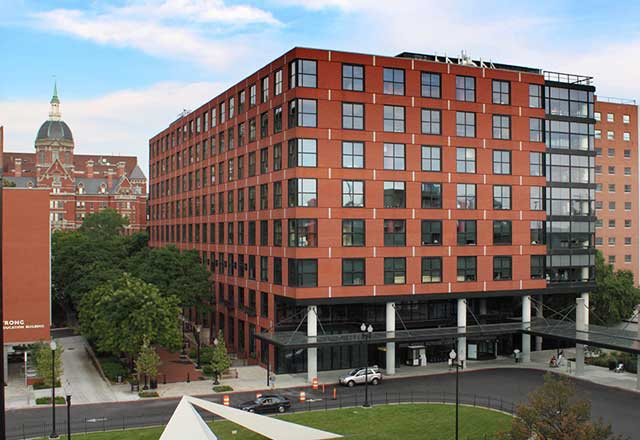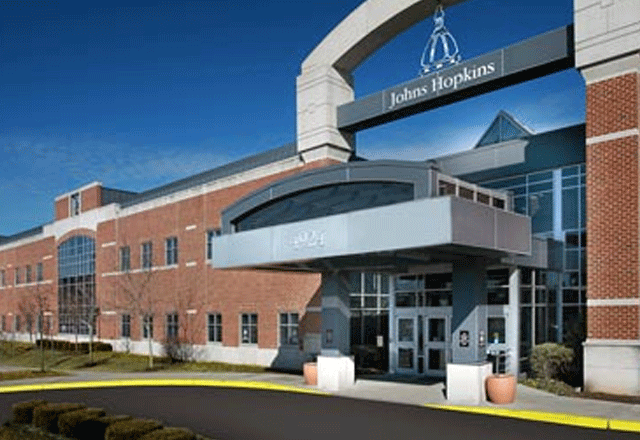-
Kristen Parker Broderick MD
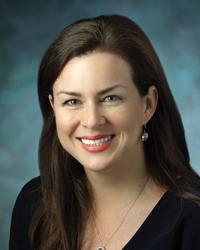
Expertise: Plastic Surgery
Primary Location: Johns Hopkins Bayview Medical Center, Baltimore, MD
-
Salih Colakoglu MD
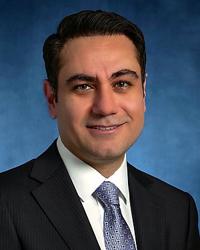
Expertise: Plastic Surgery
Primary Location: Johns Hopkins Outpatient Center, Baltimore, MD
-
Damon Cooney MD PhD
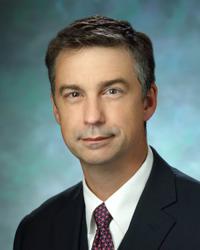
- Clinical Director, Face Transplant Program, Johns Hopkins Comprehensive Transplant Center
Expertise: Plastic Surgery
Primary Location: Johns Hopkins Outpatient Center, Baltimore, MD
-
Mark D. Fisher MD
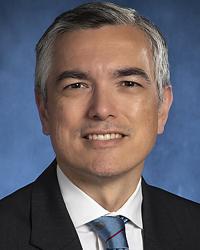
- Director, Johns Hopkins Burn Center
Expertise: Plastic Surgery, Burn Surgery
Primary Location: Johns Hopkins Bayview Medical Center, Baltimore, MD
-
Scott Lifchez MD
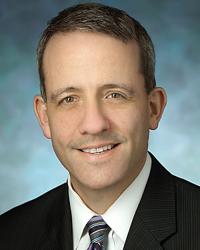
- Director, Plastic Surgery and Hand Surgery Service, Johns Hopkins Bayview Medical Center
Expertise: Plastic Surgery, Hand Surgery
Primary Location: Johns Hopkins Community Physicians - Johns Hopkins Health Care & Surgery Center, White Marsh, Nottingham, MD
-
Michele Manahan MD
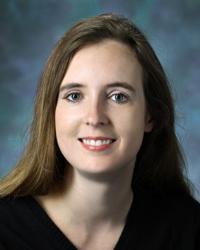
- Assistant Medical Director for the Johns Hopkins Office of Telemedicine
Expertise: Plastic Surgery
Primary Location: Johns Hopkins Outpatient Center, Baltimore, MD
-
Lily Ruth Mundy MD
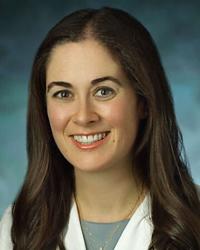
Expertise: Plastic Surgery
Primary Location: Johns Hopkins Outpatient Center, Baltimore, MD
-
Gedge David Rosson MD

- Co-Director, Johns Hopkins Facial Palsy Center
Expertise: Plastic Surgery
Primary Location: Johns Hopkins Outpatient Center, Baltimore, MD
-
Hooman Soltanian MD
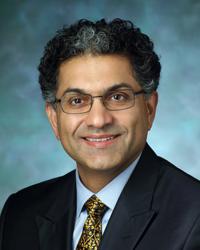
Expertise: Plastic Surgery
Primary Location: The Johns Hopkins Hospital, Baltimore, MD
-
Sami H. Tuffaha MD
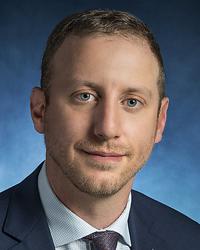
- Director, Peripheral Nerve Surgery
Expertise: Plastic Surgery
Primary Location: Johns Hopkins Outpatient Center, Baltimore, MD
Free tissue transfer, or free flap surgery, involves moving tissue from one part of the body to another to reconstruct an area of need. This can involve moving skin, fat, muscle, and/or bone. To keep the tissue alive, the blood vessels that supply the perfusion of the tissue being moved are re-connected, or anastomosed, to blood vessels in the area of the body that is being reconstructed. This is similar to a transplant of your own tissue. The most common reasons for patients to undergo this type of surgery are cancer, trauma, and infection.
The goal of the flap surgery is to reconstruct the form and function of the missing tissue. This may involve reconnecting nerves to allow muscle function or skin sensation, or using tissue that more naturally recreates the feel of the missing tissue.
Why Choose Johns Hopkins for Reconstructive Plastic Surgery?
Surgical Expertise
Rigorous medical training and breadth of knowledge, experience, and innovation mark our surgical facility as one of the best in the world.
Compassionate Care
Our surgeons are devoted to their profession and to providing attentive patient care, making themselves available and accessible to patients and their families.
Advanced Research
Our surgeons participate in and often lead in advanced research that leads to better patient outcomes.
Multidisciplinary Approach
Our surgeons work alongside their colleagues in additional specialties cross the Johns Hopkins network to offer our patients the most comprehensive care.
Request An Appointment
Schedule Online Through MyChart
Some exclusions apply.
Available for new and follow-up appointments with most providers.
Log into MyChart | Sign up for MyChart
Schedule by Phone
New and existing patients can schedule by phone using this number: 443-997-9466

International patients can request an appointment though international patient services.
What to Expect
- Our plastic surgeons have performed thousands of tissue transfers, and these are routine surgeries for our multidisciplinary teams.
- We have standard pathways for pre- and post-operative management and protocols for our operating room team.
- Most patients will spend a couple of days in the hospital recovering from the surgery and having the flap tissue monitored, although it depends on the specifics of the reconstruction.
- Patients are often seen frequently after hospital discharge to ensure they are recovering appropriately from the surgery.
Our Experts
Education
The Department of Plastic and Reconstructive Surgery at The Johns Hopkins Hospital is offering a one-year clinical reconstructive microsurgery fellowship beginning each July. The fellowship is a one-year program directed at surgeons who have completed a plastic surgery residency. One fellow is accepted each year. The fellow will work with all levels of a large, diverse and highly motivated group of integrated and independent plastic surgery residents. The fellowship offers the trainee the ability to progress through the year with rapid progressive autonomy and decision-making.
Reconstructive Microsurgical Fellowship

